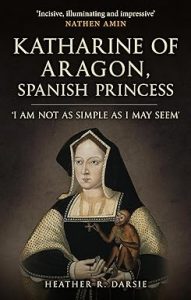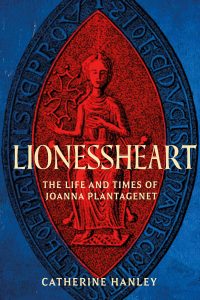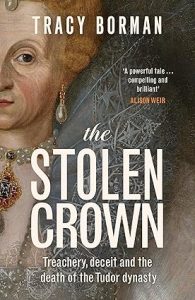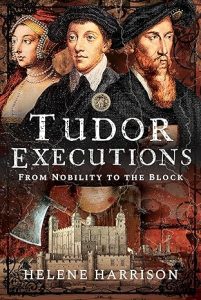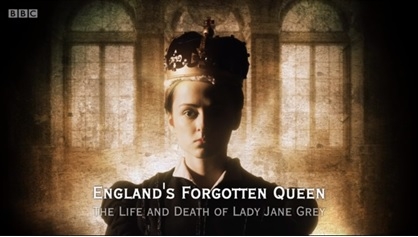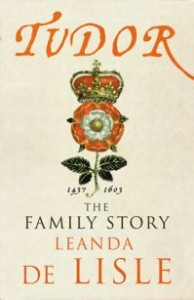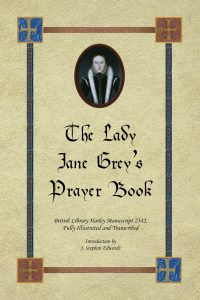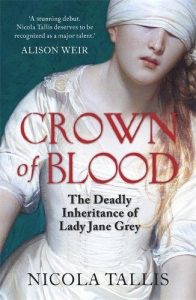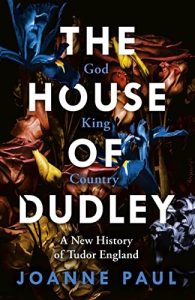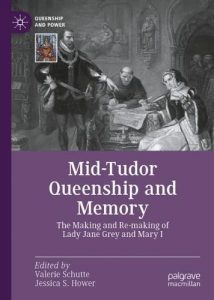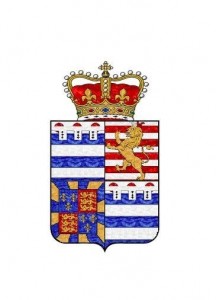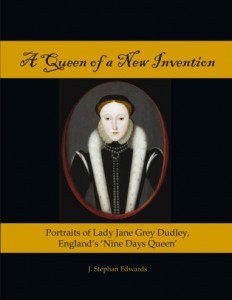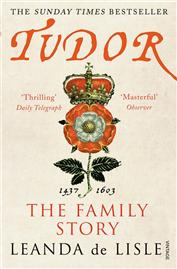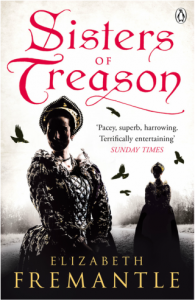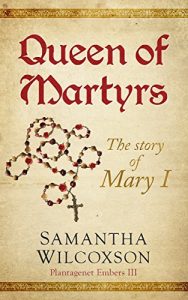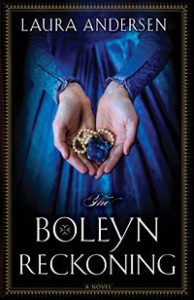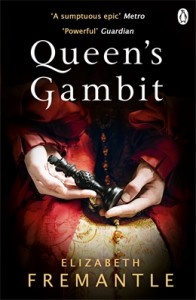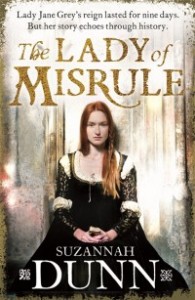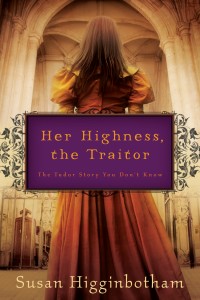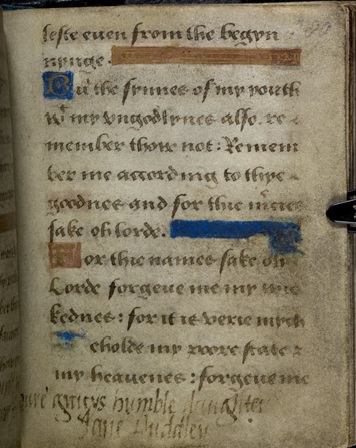Professor Eric Ives writes the following about the authenticity of Jane’s letter to her father.
‘Seven other pieces attributed to Jane are known only in printed copies. They come from her months of imprisonment in the Tower and cannot automatically be taken as genuine…The others are a …second letter to her father…’ (p.17, Ives) He comments that ‘the letter surfaced at least ten years after Jane’s death, so Foxe could only include it in the second (1570) edition of Acts and Monuments, and without comment on provenance.’ (p.20, Ives) De Lisle thinks that the letter not being published until 1570 ‘…is suspicious, but the family may have simply suppressed the unflattering description of the duke.’ (p.148, de Lisle)
Ives argues that analysis does not vindicate ‘the letter to her father that is not from Jane’s prayerbook. At first sight it seems to fit both the occasion and the circumstances. It was thanks to his attempted rebellion that Jane was to be executed.’ (p.19, Ives) However, ‘the style and format is not the style and format of the genuine autograph message in her prayer book…And when was the supposed letter written? It refers to her father’s imprisonment and this must be after the duke of Suffolk’s arrival in the Tower, that is on Saturday/Sunday 10/11 February. Yet only a matter of hours later Jane wrote the genuine letter to the duke in her prayerbook. Two letters in such rapid succession are enough to raise a query.’( p19-20, Ives). He also suggests that ‘the letter also seems less a private message to a father than an early exercise in imaginative reconstruction’ and asks if the letter might derive from Jane’s speech on the scaffold?’ (p.20, Ives) Ives sums up with, ‘None of this is conclusive, but enough to suggest that the alleged letter to her father may very well not be what it purports to be. (p.20, Ives)
Letter to Father
‘Father, although it hath pleased God to hasten my death by you, by whom my life should rather have been lengthened, yet I can so patiently take it, that I yield God more hearty thanks for shortening my woful days, than if all the world had been given into my possession, with life lengthened at my own will. And albeit I am very well assured of your impatient dolours, redoubled many ways, both in bewailing your own woe, and especially, as I am informed, my woful estate: yet dear father, if I may, without offence, rejoice in my own mishaps, herein I may account myself blessed, that washing my hands with the innocence of my fact, my guiltless blood may cry before the Lord, Mercy to the innocent! And yet though I must needs acknowledge, that being constrained, and as you know well enough continually assayed, yet in taking upon me, I seemed to consent, and therein grievously offended the queen and her laws, yet do I assuredly trust that this my offence towards God is so much the less, in that being in so royal estate as I was, my enforced honour never mingled with mine innocent heart. And thus, good father, I have opened unto you the state wherein I presently stand, my death at hand, although to you perhaps it may seem woful, yet to me there is nothing that can be more welcome than from this vale of misery to aspire to that heavenly throne of all joy and pleasure, with Christ my Saviour: in whose steadfast faith, (if it may be lawful for the daughter so to write to the father) the Lord that hath hitherto strengthened you, so continue to keep you that at the last we may meet in heaven with the Father, Son and Holy Ghost.
I am,
Your obedient daughter till death,
Jane Dudley.
(p.47-48, Nicolas)
Sources
De Lisle, L. (2009) The Sisters Who Would Be Queen: The Tragedy of Mary, Katherine and Lady Jane Grey, Harper Collins.
Ives, E. (2009) Lady Jane Grey: A Tudor Mystery, Wiley-Blackwell.
Nicolas, N.H Harding, The Literary Remains of Lady Jane Grey: With a Memoir of Her Life, Triphook & Lepard.

